At noon on February 26th, Guo Tao, deputy director of the National Engineering Research Center of Plant Space Breeding of South China Agricultural University (SCAU) and six of his students picked up the sprouting rice seeds with tweezers and planted them in six blue basins full of soil.
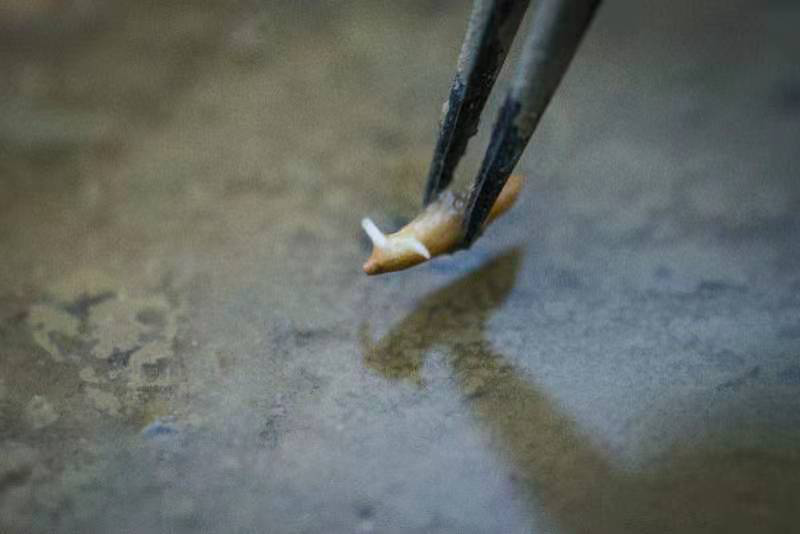
These rice seeds traveled more than 760,000 kilometers to the moon last November and returned to Earth on December 17th after 23 days of flight aboard China's Chang'e 5 lunar probe. The space-exposed seeds were handed over to their provider, the National Engineering Research Center of Plant Space Breeding of SCAU in Guangdong after they returned to Earth.
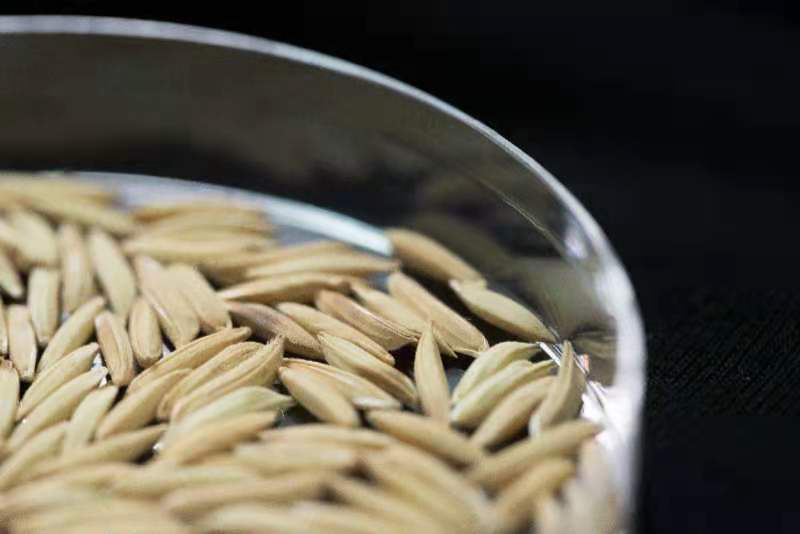
The experiment on the Chang'e 5 probe is different from previous ones. It was the first such experiment conducted in a deep space environment, the space flight time was longer and the probe encountered radiation in the Van Allen Belts and from sunspot activity.
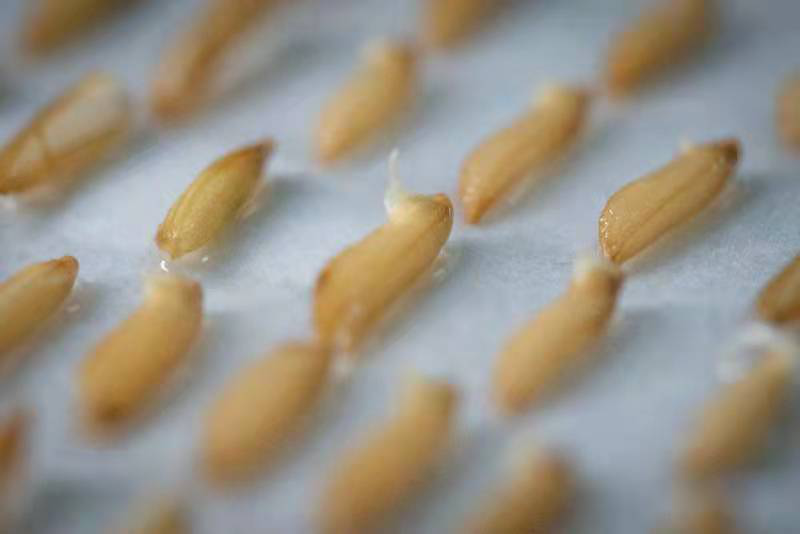
Stronger hereditary effects are expected to be produced in this experiment, as a deep space environment is more similar to a real space extreme environment. It will help researchers learn how hereditary effects induced in deep space and a low-Earth orbit environment differ, and provide important experimental samples and data for further research on mutation rules in space breeding.
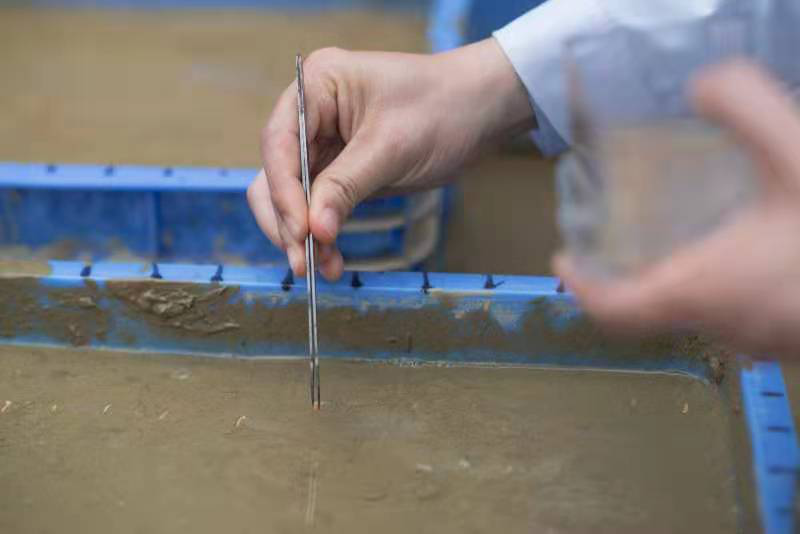
“They live up to their reputation as the second-generation rice of the space, because their parents have also travelled to the space. And these rice seeds have flown the furthest into the space in the history of mankind so far,” according to Chen Zhiqiang, director of the National Engineering Research Center of Plant Space Breeding of SCAU.
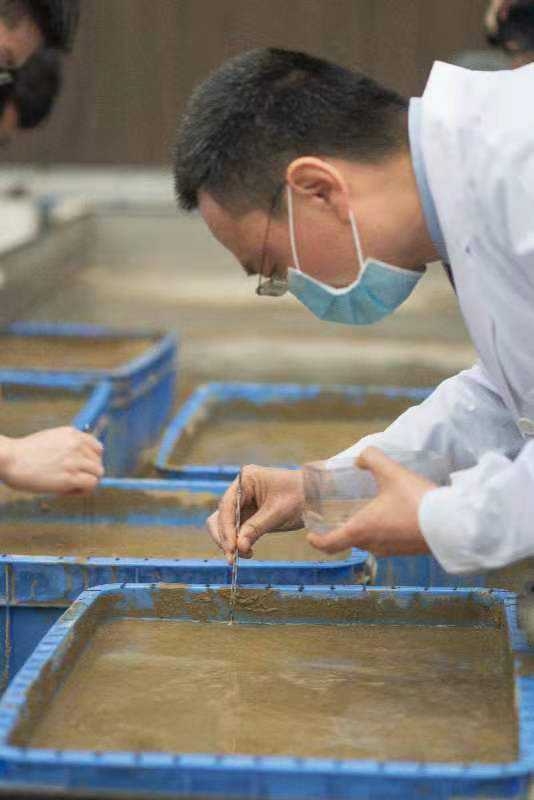
In about 30 days, these rice seeds will grow into shoots, then they will be transplanted to the greenhouse, and will ripen at the end of June. After three to four years of selection, the fittest that have been approved by the agricultural sector will be planted on a large scale and provided to thousands of households.
Reporter | Wu Shaomin, Zhong Zhe, Liu Jiarong
Photo | Zhang Ziwang
Video | Xu Hao, Deng Sufan
Video editor | Mo Liting, Xu Xiaoxin
English edition | Monica Liu
English editor | Olivia, Jerry




